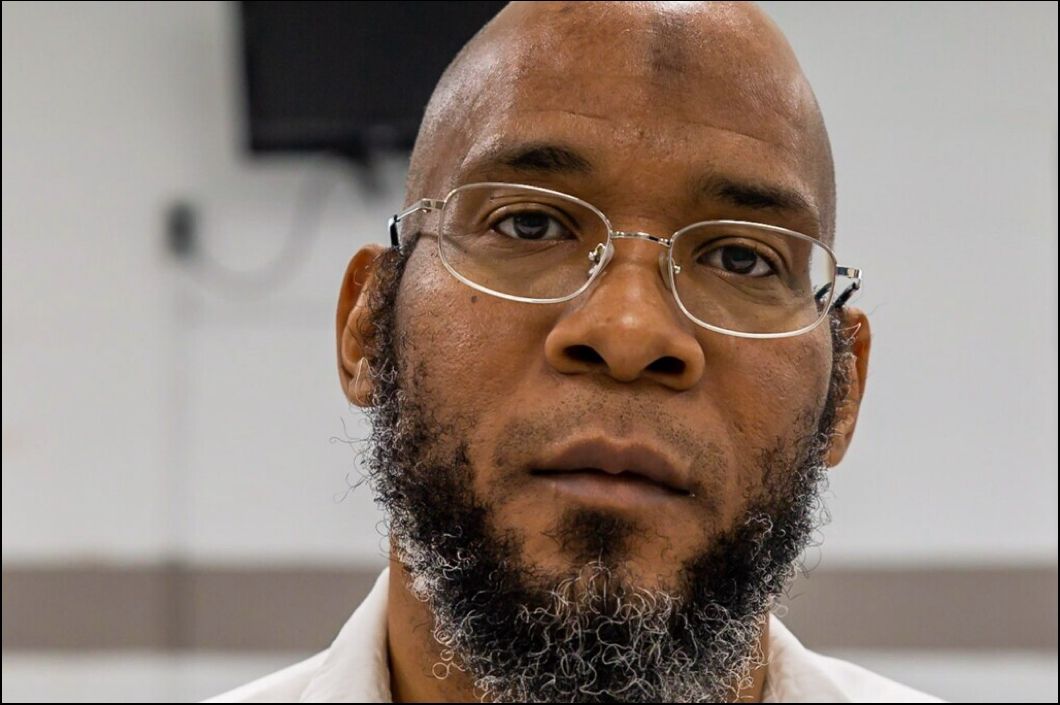
Marcellus Williams was executed in Missouri for the 1998 murder of Felicia Gayle, a former reporter for the St. Louis Post-Dispatch. Throughout the legal proceedings, Williams maintained his innocence. His execution took place after various last-minute appeals were rejected by both state and federal courts, including the U.S. Supreme Court and Missouri Governor Mike Parson, who denied clemency.
Williams was pronounced dead by lethal injection at 6:10 p.m. on a Tuesday, shortly after the courts upheld the execution. In his final moments, Williams, who converted to Islam while in prison, expressed his faith, stating, “all praise to Allah in every situation.” Imam Jalahii Kacem was present during the execution and noted that Williams appeared calm.
Tricia Rojo Bushnell, the executive director of the Midwest Innocence Project, criticized the execution as a misuse of state power, emphasizing the tragic implications of the case. Governor Parson stated that the execution aimed to bring closure to a case that has been unresolved for many years, pointing out that the legal process had caused additional suffering for Gayle’s family.
While Gayle’s family believed in Williams’ guilt, they had ultimately opposed the execution. Despite the circumstances, they chose not to attend the execution. Williams was convicted primarily based on testimony from a former girlfriend and a jailhouse informant, with no forensic evidence linking him to the crime scene.
In 2017, Williams’ former girlfriend attempted to recant her testimony, but her mother reportedly interrupted the call. Both she and the informant have since passed away. St. Louis County Prosecuting Attorney Wesley Bell, who believes in Williams’ innocence, sought to vacate the conviction earlier this year, stating that the execution was unjust.
Bell highlighted concerns regarding DNA evidence found on the murder weapon, which did not match Williams’ and was later identified to have been compromised during handling. Despite these findings, the courts ruled there was insufficient proof of innocence or constitutional violations to overturn the conviction.
Attempts to reach a plea agreement that would have spared Williams’ life were thwarted after opposition from the state attorney general. The courts ultimately determined that the evidence presented did not meet the required standards for vacating the conviction, leading to the execution of Marcellus Williams.

